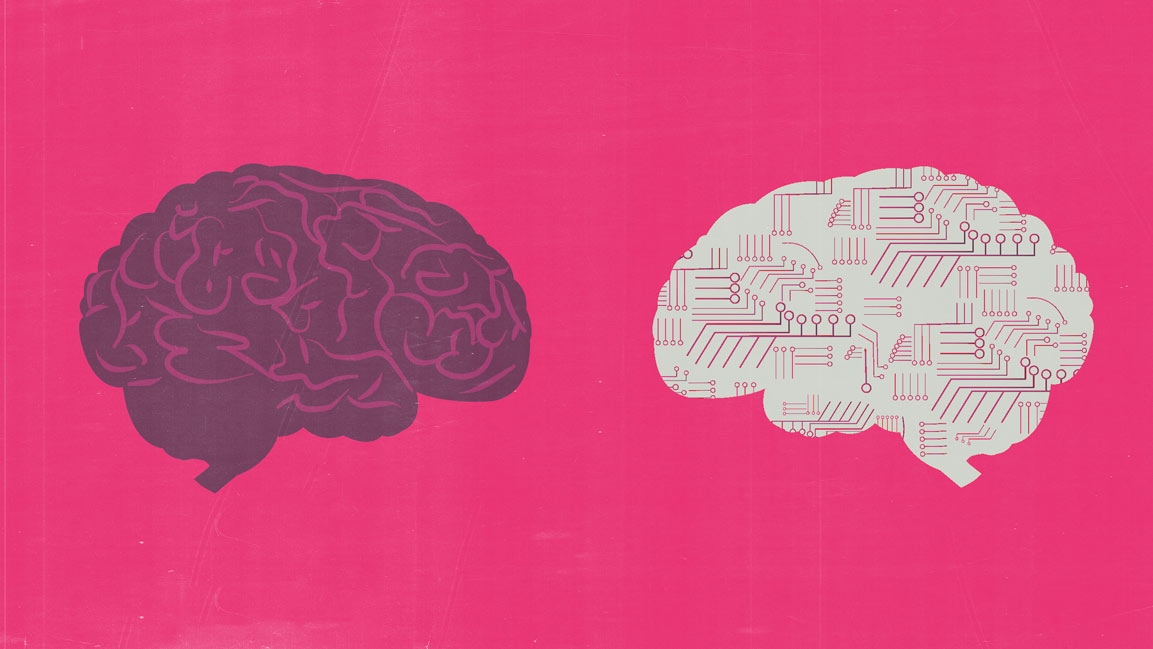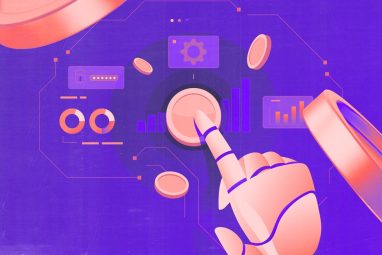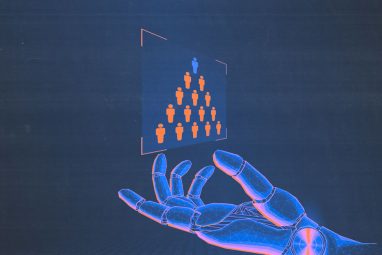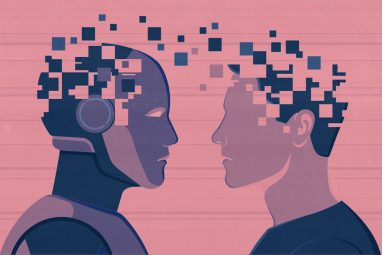The AI Shift Is Here. Now What Happens to the Humans?
But this shift comes with costs. The uncomfortable truth, as experts put it, is that AI will displace jobs.
News
- Legacy IT Leaders Say India’s AI Future Lies in Talent, IP
- PM Calls for Human-Centric AI at India Summit
- Mistral’s Mensch Pitches Open-Source AI as Key to Digital Sovereignty
- LeCun Questions Superintelligence Hype
- Altman Sees Superintelligence Arriving in a Couple of Years
- Inside the Debate Over AI’s Ownership Model

Artificial intelligence is rewriting the rules of work, stirring both anticipation and anxiety across industries. Automation isn’t new, but this latest wave is different. It brings autonomy.
Reflecting on this shift, Raj K. Gopalakrishnan, Co-Founder and CEO of KOGO AI, an AI startup specializing in custom and ready-to-deploy AI agents, in a conversation with MIT SMR India, said, “Automation is not the same as autonomy. Just because an organization says, ‘We use AI,’ doesn’t necessarily mean it’s true AI. Many times, it’s just process automation, like conversational interfaces or workflow automation. That isn’t AI. AI truly enters an organization when it can take over decision-making steps, handle recursive or manual processes, and make small but meaningful decisions on its own. That’s when it becomes autonomous.”
Process-heavy industries such as banking, financial services, healthcare, insurance, and defense stand to benefit most. These sectors already use automation, but humans still make the final call. AI, Gopalakrishnan said, can step in for smaller decisions, speeding up work and improving efficiency.
Still, the human-in-the-loop remains critical.
“If a process originally required human intervention at, say, 20 points, with AI it may now need input at only two, with the rest handled by autonomous agents,” he said. “So yes, human involvement will always remain. The real power of AI is in eliminating repetitive, mundane tasks and small-scale decisions, while freeing up humans for supervisory and more creative roles.”
But this shift comes with costs. The uncomfortable truth, as he put it, is that AI will displace jobs.
“AI will take away jobs. And not just the boring or repetitive ones. It will also affect roles that require a degree, a title, or even ten years of experience. That’s the uncomfortable, undeniable reality,” he said.
Take a finance team trimmed from 50 to 20. All 50 could be AI-literate and it still wouldn’t matter because the workload has changed. “AI won’t create jobs in the same categories where it displaces them. Instead, the nature, distribution, and geography of jobs will shift.”
That brings us to what he called “a tale of two futures”: one where workers are let go, and another where companies invest in repurposing, reskilling, and reimagining how people contribute.
“AI excels at execution, repetition, calculation, and optimization. Humans excel at judgment, change management, empathy, and supervision. The real question is: what happens to those displaced workers?”
He pointed to alternative roles: accountants who once did invoice matching can move up to owning the process, acting as human reviewers, leading change, or shifting to ESG and strategy. “If I had to sum it up in two lines: AI will automate action. Humans will author direction.”
But he warned that without responsible frameworks, “things could spiral out of control.” The real issue isn’t just job loss but the lack of a bridge from displacement to redeployment.
When Efficiency Meets Anxiety
Recruiters are already reacting. A LinkedIn report from February 2024 said companies are prioritizing adaptability and open-mindedness, recognizing that AI is speeding up workplace change.
Yet friction remains. A September 2024 survey by BetterUp and Stanford University found that 40% of US desk workers had received AI-generated “workslop,” output that looks useful but requires hours of human fixing. It’s a clear sign that human oversight still anchors quality.
Corporate leaders agree. Walmart CEO Doug McMillon told The Wall Street Journal, “It’s very clear that AI is going to change literally every job. Maybe there’s a job in the world that AI won’t change, but I haven’t thought of it.” Walmart plans to freeze headcount over the next three years, while leaning on AI to fuel growth.
Amazon Web Services (AWS) CEO Matt Garman echoed the need for human strengths, saying soft skills like communication and critical thinking are “just as important, if not more important (in the future).” McMillon added, “Until we’re serving humanoid robots and they have the ability to spend money, we’re serving people. We are going to put people in front of people.”
A Human-Centric AI Policy
Asked what kind of policy India needs to adopt AI responsibly, Gopalakrishnan pointed to a paradox. “The irony of AI is that it actually forces us to become more human. And that’s the beautiful part of this transformation. We will need more teachers, preachers, therapists, storytellers, ethicists, system builders, and thinkers. That’s what humans are uniquely good at.”
AI, he said, will handle the “what.” But humans must define the “why.” And policy should recognize that purpose is the new measure of productivity.
He also suggested vocational skills will gain as much value as elite degrees. “Four years from now, a plumber who comes to fix a tap may be more valuable than a top graduate from IIM Ahmedabad, because that’s a unique, hands-on skill that AI cannot replicate.”
The future of work, in his view, sits at two ends: vocational skills on one side, and systems-oriented roles such as ethicists, system managers, AI controllers on the other.
“Which means we need to start educating people in systems thinking, understanding how systems function and, more importantly, how to control them. AI will manage the network and processes, but humans must remain the system designers.”
The real call to action, he said, is to acknowledge displacement. “Yes, everyone should learn AI. It’s as essential a life skill as using a mobile phone. But that’s not enough. We must start building the skeleton and scaffolding for a humane and intelligent transition. That means acknowledging displacement, investing in people’s ability to understand systems, redesigning work, realigning value, and reimagining the future of human contribution.”






